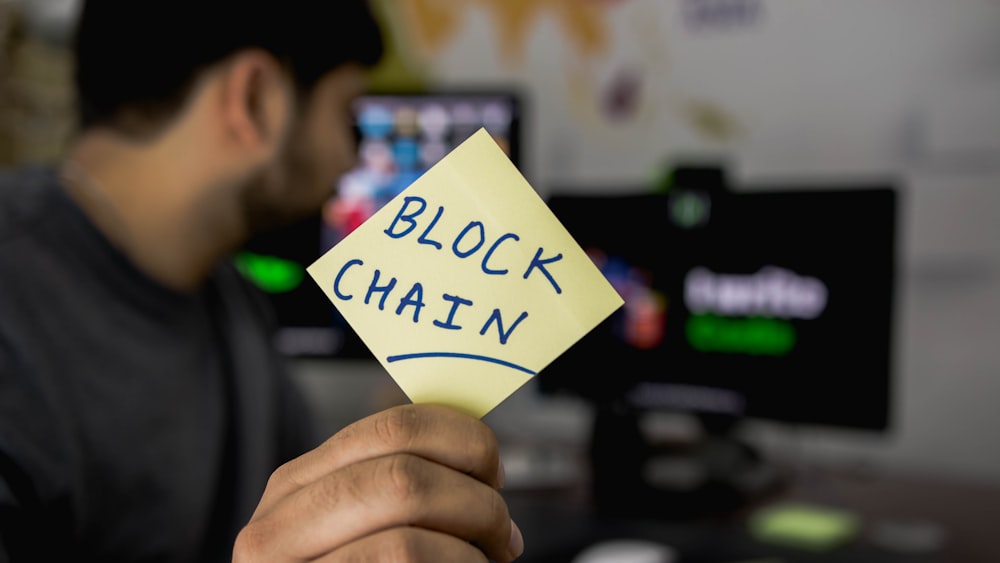TL;DR
- A quarter of a million of New Zealand’s most vulnerable children have been abused in state care.
- No-one stopped and asked why these victims were troubled.
- BurstIQ’s is set up to ensure that clients can securely move sensitive medical information.
BurstIQ could protect New Zealand’s most vulnerable children

A quarter of a million of New Zealand’s most vulnerable has been assaulted in Government funded care. The vulnerable have experienced crimes against them in religious public service care within the last few years.
An inquiry that came out today revealed the extent of the crime that people faced. The Royal Commission of Inquiry, which looked into how children in the Government system were taken advantage of, revealed that over 250,000 New Zealand people were abused between 1950 and 2019.
The level of kids abused amounts to 40% of the members of the New Zealand community who had received public care. The Minister for the Public Service Chris Hipkins declared that the level of abuse went beyond anything excusable.
Mr. Hipkins argued children should feel safe and protected under the care of the state. The information released demonstrated that the majority of the people who survived abuse were between 5 and 17, but a few were nine months old or above 17 and were victims for up to a decade.
The physical harm varied from assault to sexual abuse. Even within psychiatric institutions, it has been found that male patients were forced by staff members to sexually assault the female ones. Electric currents were sent through private parts as a result.
Maori vulnerable Children

The likelihood of the young being taken advantage of in faith-based places varies from 21% to 42%. 81% of child victims were Maori children.
Some Religious institutions were trying to cleanse the Maori people. Thousands hit the streets in 2019 to protest removing vulnerable children from their homes and putting them in state care as it is a racially skewed practice.
The report is just a result of victims giving accounts of the experiences they had. No-one stopped and asked why these victims were troubled.
Blockchain

Justice needs to occur not by hearing from victims statements ten years down the line but from people being vigilant enough to monitor these victims’ health. The careful documenting of health concerns is one way of spotting victims of assault.
BurstIQ’s big data blockchain contracts are set up to ensure that clients and doctors can securely move sensitive medical information via smart contracts. The smart contracts act as a way in which information can be distributed and can include personalized information.
The smart contracts are an effective way to deal with the issue that many health care professions face, ensuring that medical information is kept together, especially when a person switches from child to adult health care. An attentive health care system means that vulnerable children do not have to wait ten years to be asked what is wrong.
Blockchain the solution for vulnerable children

Blockchain can help create a personalized, attentive, and secure health care experience that can make it easier for people to track issues. A system like a blockchain is transparent to the right people and is secure. Blockchain is a useful tool for health practitioners and increases client confidence regarding the security of their information.
In matters concerning health and well being, it is imperative that everyone feels like they are being listened to.
